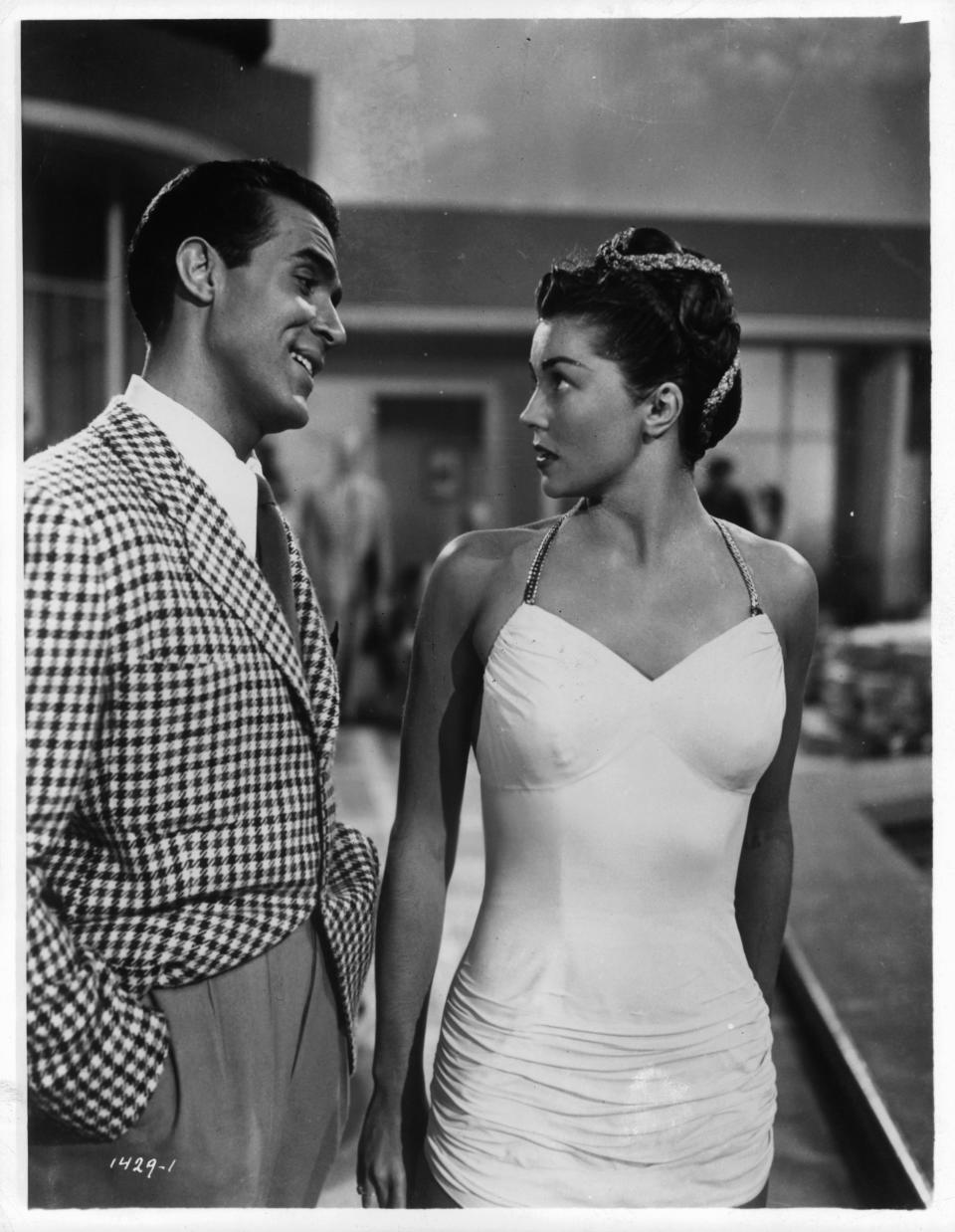Opinion: 'Baby It's Cold Outside' comes from a very different time

The decrees are coming daily now: The righteously indignant are rooting through the attics of our collective nostalgia, dusting off the cultural touchstones they have decided should be relegated to bonfire of history, and holding them up to the increasingly glaring light of social media.
This politically-correct housecleaning reached a new pitch in early December, as we have seen cultural markers ‘A Charlie Brown Christmas’, ‘Rudolph the Red-Nosed Reindeer’s 1964 TV special, and songs from Disney’s ‘Little Mermaid’ brought up on the P.C. charges of being insensitive, cruel or sexist.
Even James Bond – a fictional character, remember — was recently excoriated in a Scottish medical journal for never once in his 56-year career as a womanizing spy mentioned using a condom in his many dalliances.
Most prominently, it was the banishing of a 74-year-old song from North American airwaves that caused the greatest consternation and debate.
‘Baby It’s Cold Outside,’ written by Frank Loesser in 1944, won the Academy Award for Best Original Song for 1949’s ‘Neptune’s Daughter.’ A perennial favourite ever since, recorded hundreds of times, it has become a meme and even a stand-up target in recent years, with wags calling it out as a “stalker song” or being “just a bit rapey.”
A Cleveland disc jockey recently decided to pick up the #MeToo flag and claimed the song was in fact “predatory” in nature. Initially seen as click-worthy news fodder, it caught fire and by week’s end, several very large media companies — like Rogers and the CBC — panicked and decided the song should be shelved.
Many have rushed to the song’s defence, saying it was a product of its time, when women were not permitted to say yes, for fear of ruining their reputations. A dispassionate reading of the lyrics will clearly show it is a clever verbal dance, and putting modern day twists into the lyrics such as “’Say, what’s in this drink?’ — that must mean roofies”, are patently ridiculous.
The song’s most popular version was recorded for 1959’s ‘A Winter Romance,’ by Dean Martin. Dino sings his version with not one, but a chorus of women. His daughter Deana Martin has kept her famous father’s legacy alive by writing a touching biography and sings many of his songs in her own club act, including the number in question.
“’Baby It’s Cold Outside’ is a cute, flirtatious and romantic song. … It’s been recorded by dozens of the world’s top recording artists for over 60 years including my dad Dean Martin, ‘The King Of Cool,’” Martin said in a statement to Yahoo Canada.
“I’m very proud that it has become an evergreen favourite that is played every holiday season. I personally love performing ‘Baby It’s Cold Outside’ and will continue to do so.”
And there’s the issue.
The good intentions of #MeToo, the Parkland anti-gun protests, a societal glumness and the constant outrage over Donald Trump have created a conflict mentality. Those wishing to preserve traditional norms (and what’s more traditional than Christmas?) and lifestyles are slamming into a wall of change brought about largely by Millennials and others so disaffected they see the their parents’ lives as antiquated, parochial and worthy of derision.
The political correctness we experience today is reinforced by a burgeoning culture of victimhood that goes well beyond the original context of the term, which was often easily dismissed as the talking points of radical ideologies gone too far.
People now believe they have licence to say whatever they think, much like the American president, and are finding fault with everything.
Last month, Canadian comedian Howie Mandel said he wanted to give up stand-up. He felt he couldn’t joke about anything even remotely controversial because he will be instantly pilloried on social media, his career could be ruined in 140 characters and the overly sensitive were destroying his profession.
He points to the problem inherent with this new instantaneous political correctness, which is more about preventing individual emotional distress than holding up broad protections for society.
And it has no logical conclusion. Finding fault with something or someone leaves an intoxicating feeling of superiority, and by shaking ever-larger moral sticks, we feel better in our snowballing righteousness and perceive that we have greater power over others.
Predictable as the old-guard backlash against bans on Christmas songs or TV specials may be, the demographic shift to a society of young people who have never heard of Charlie Brown or Dean Martin is imposing its will; one that is noisily setting a tone of personal indignation that will last for decades.
Frank Loesser was right: “Baby, it’s bad out there.”

